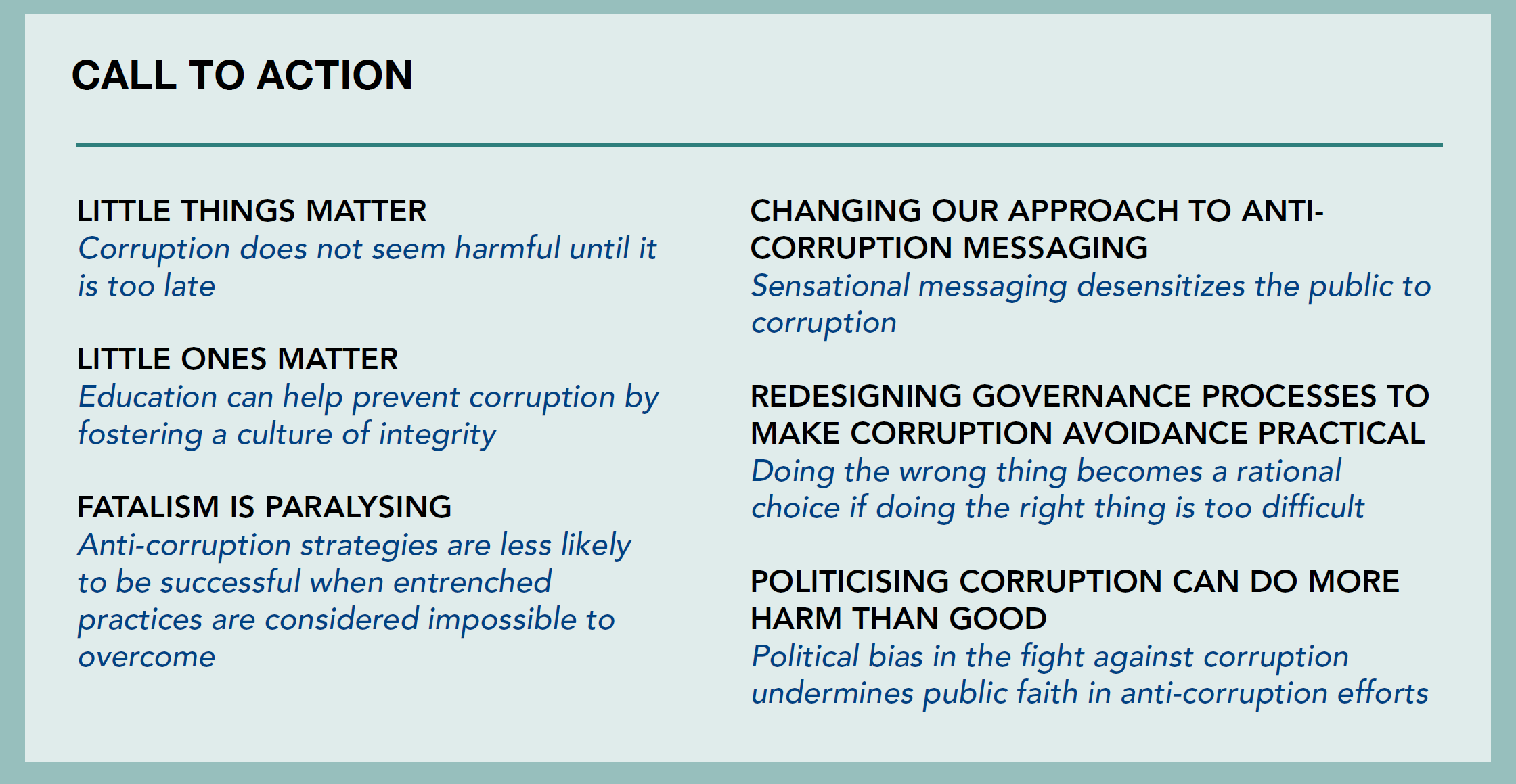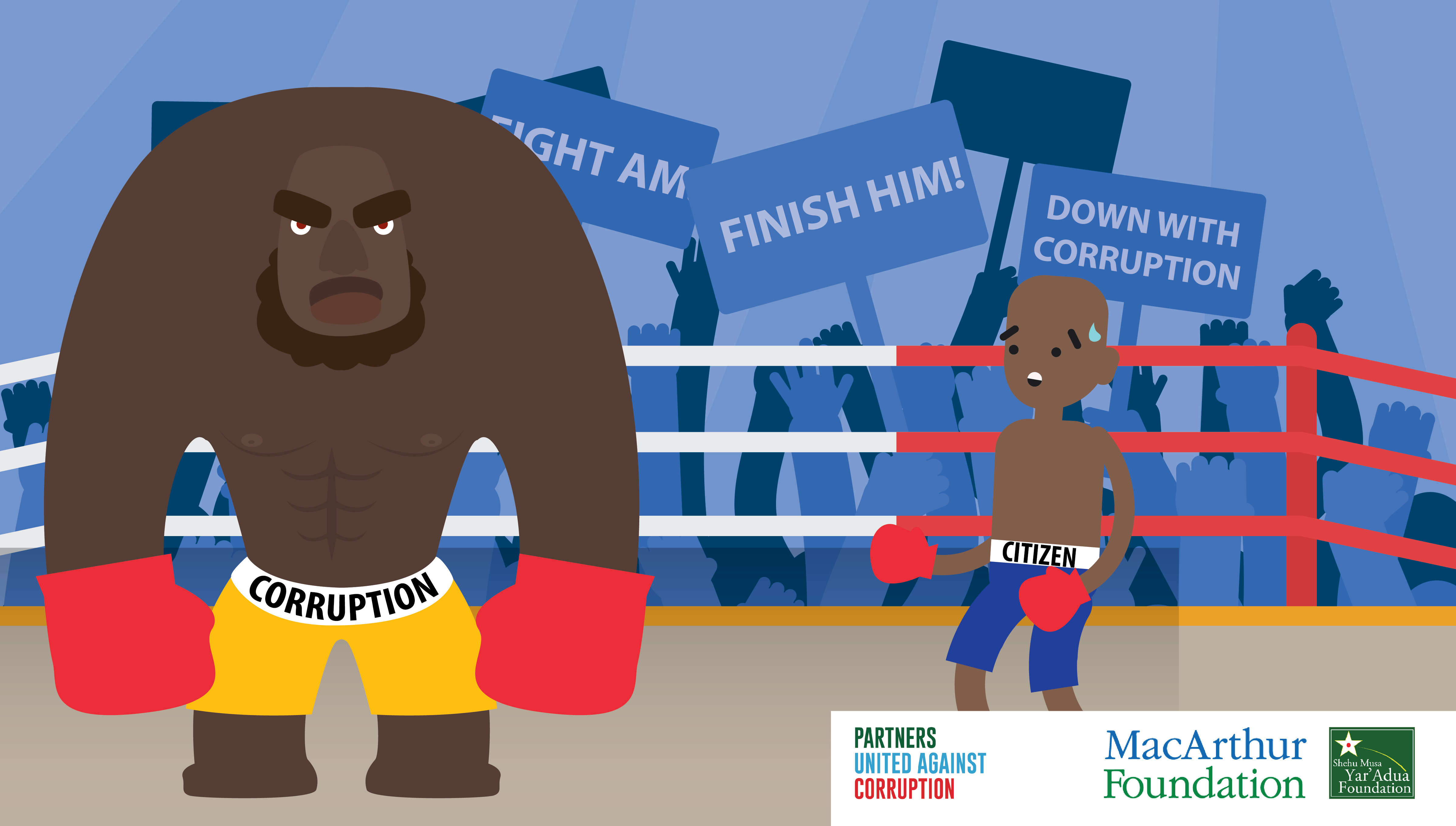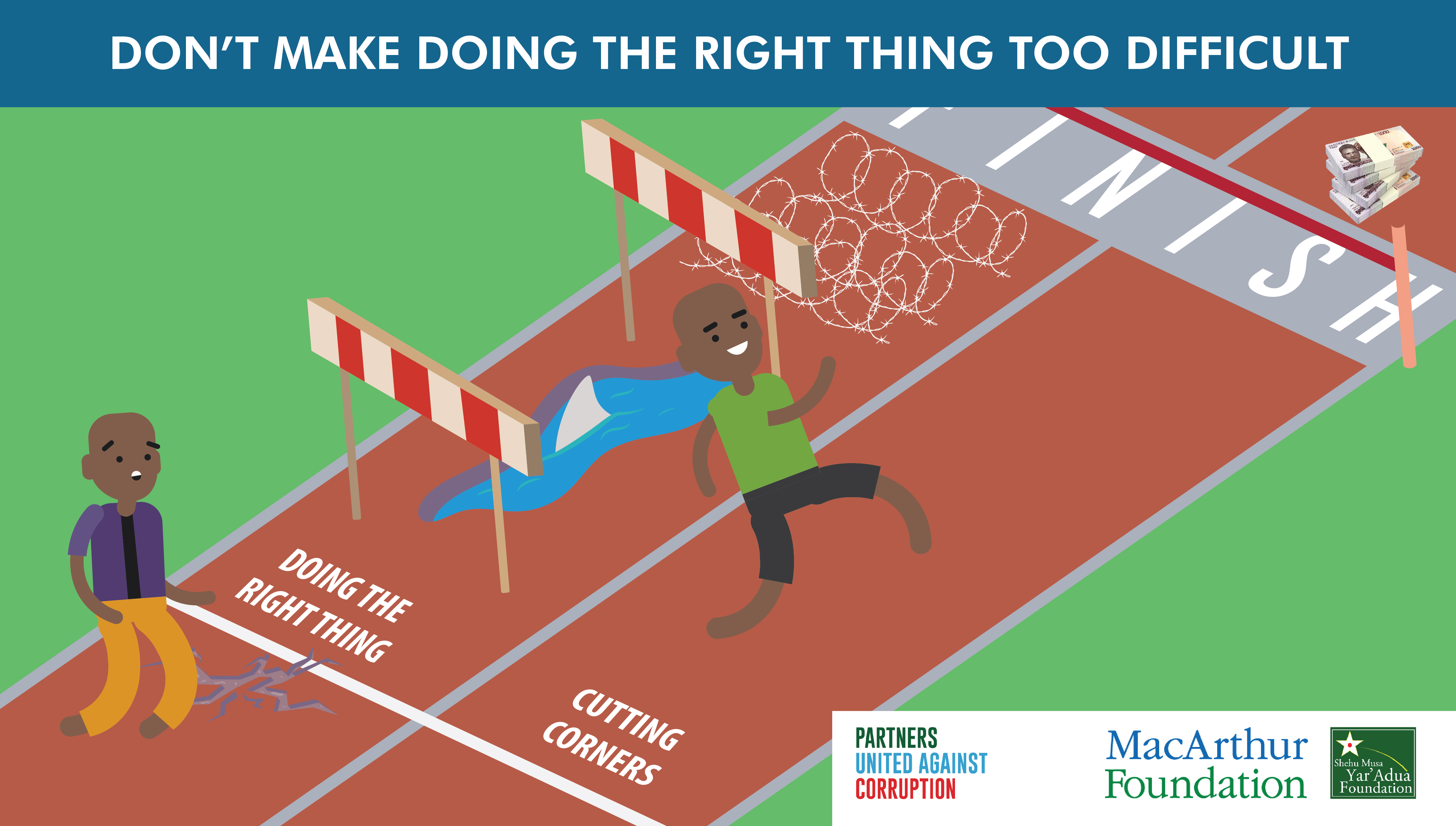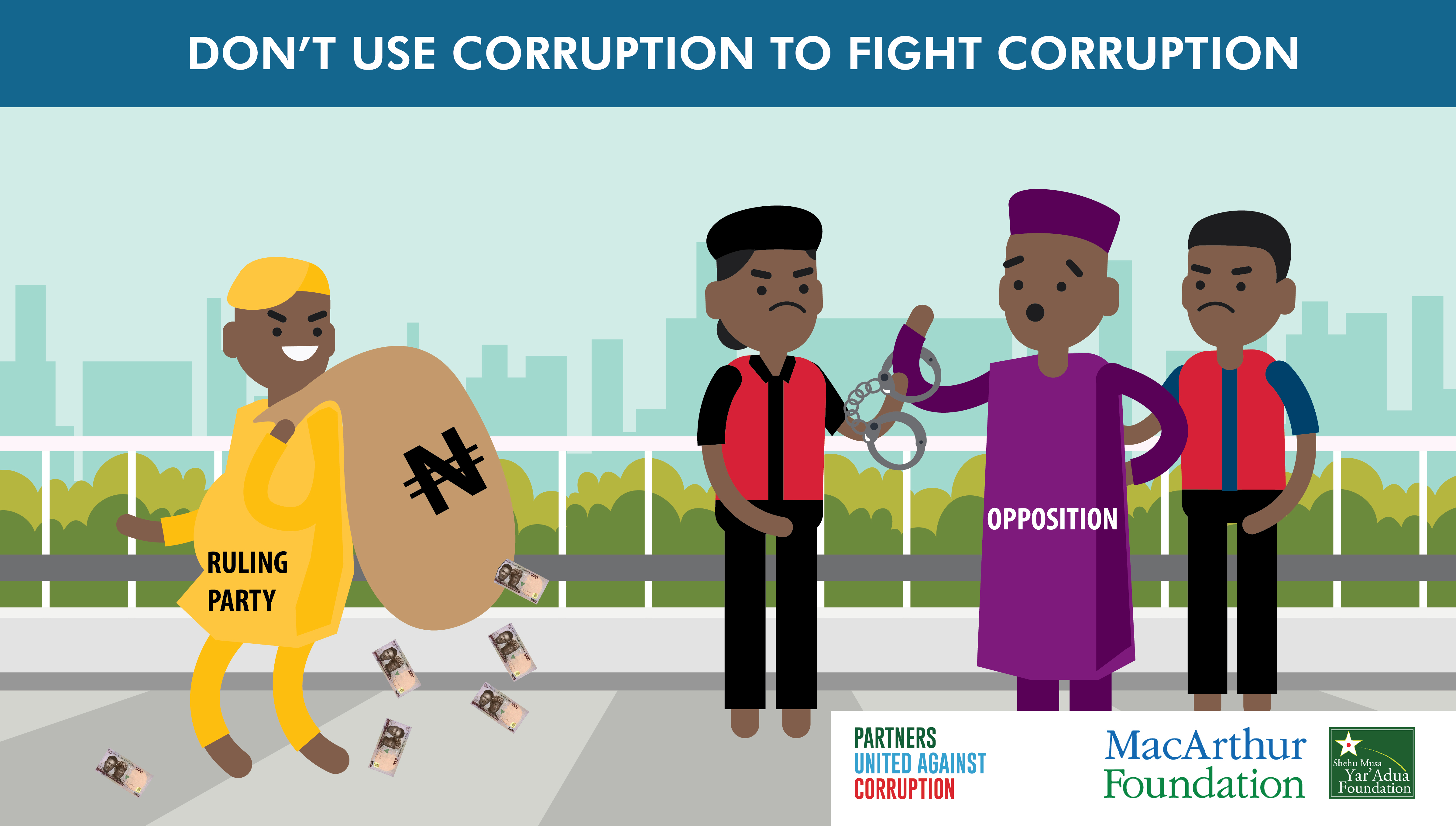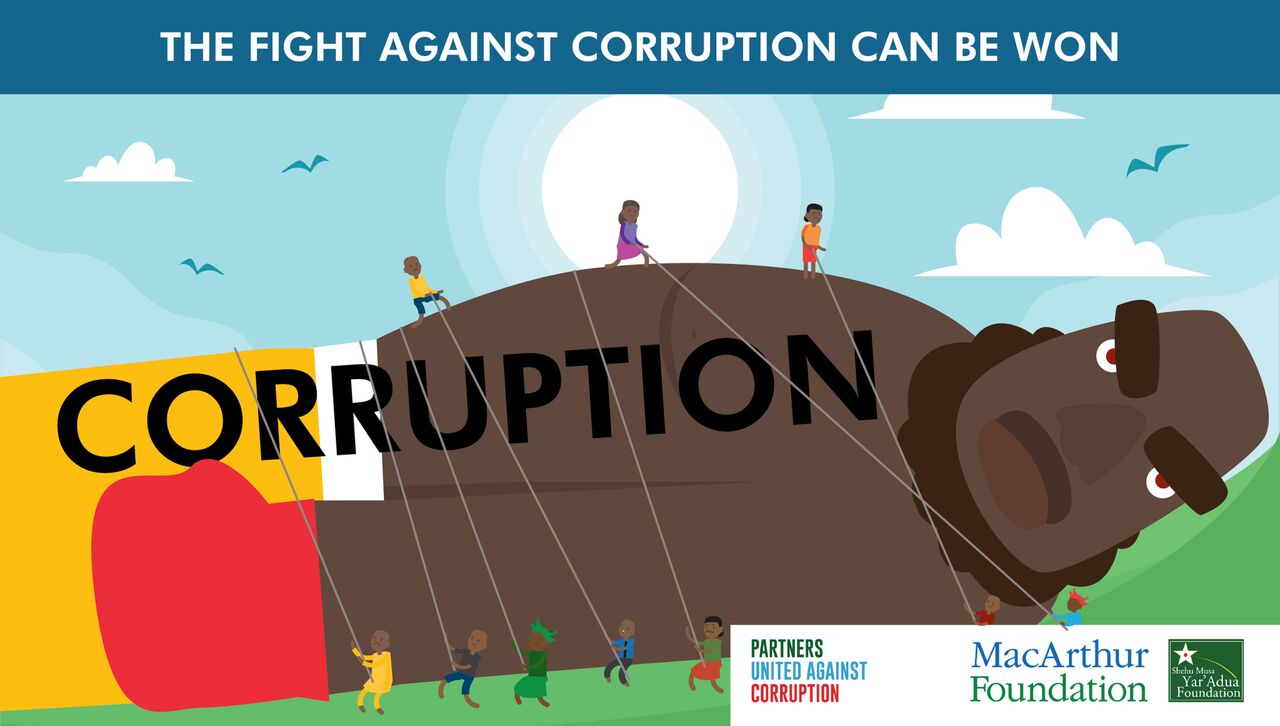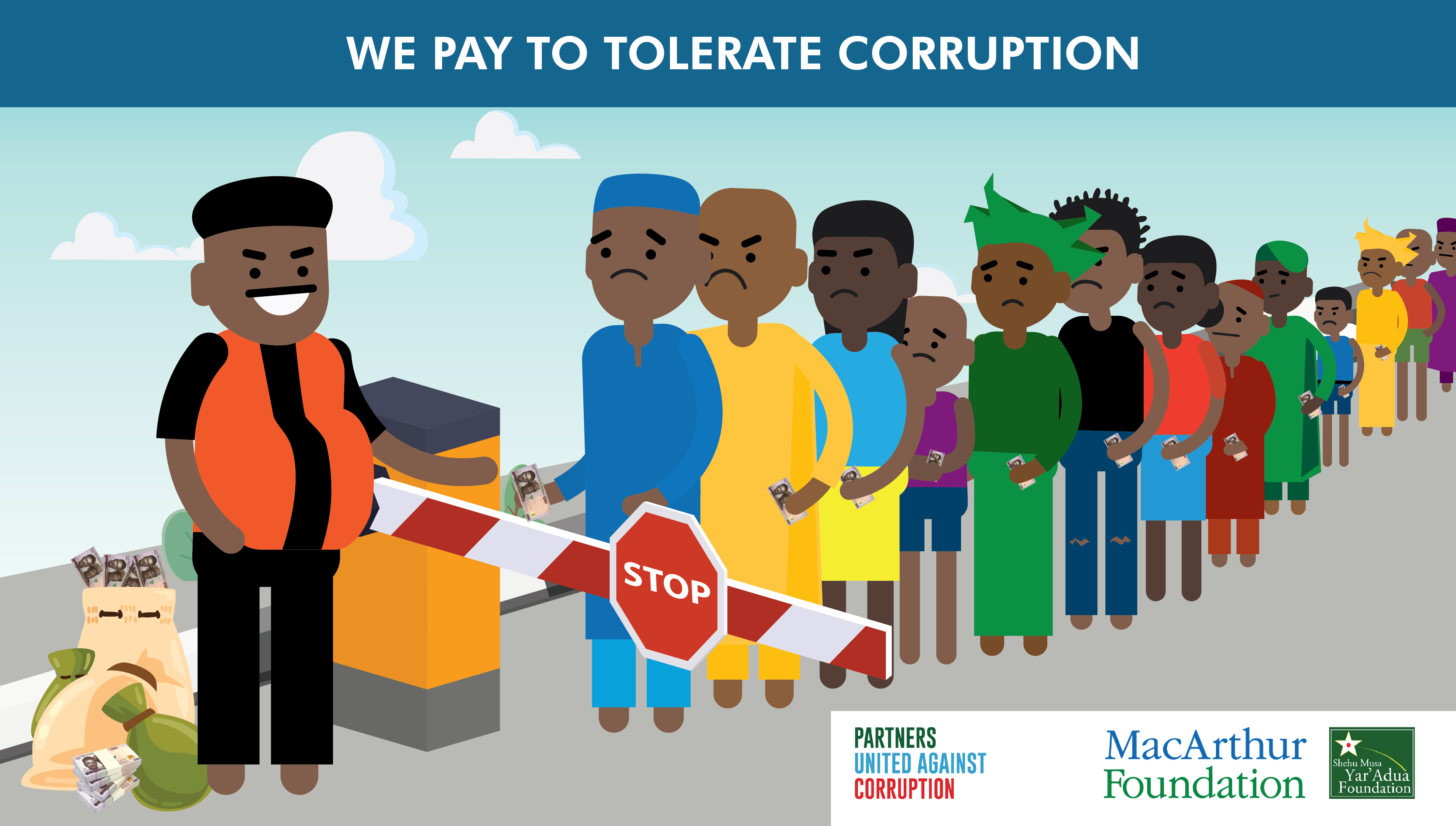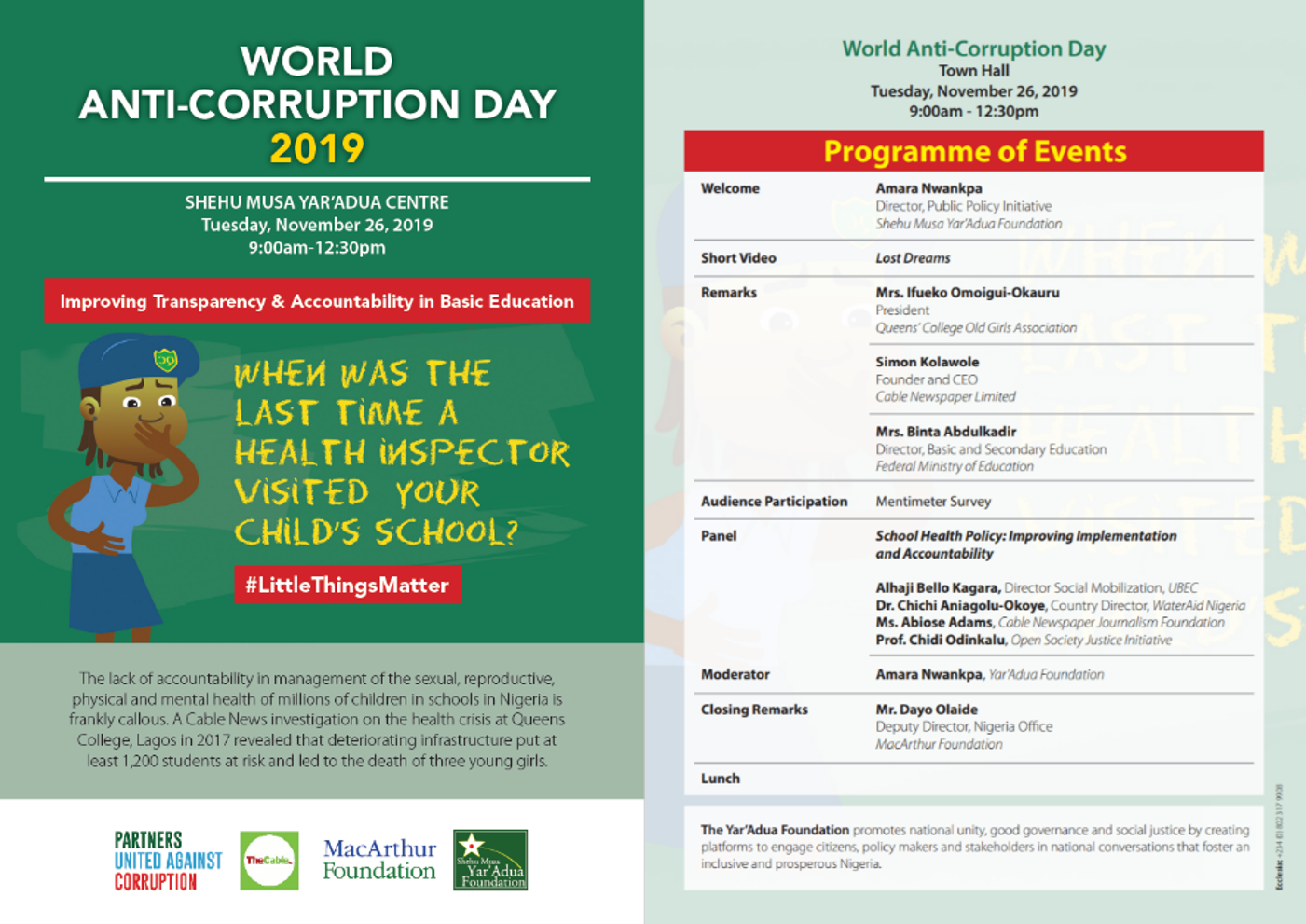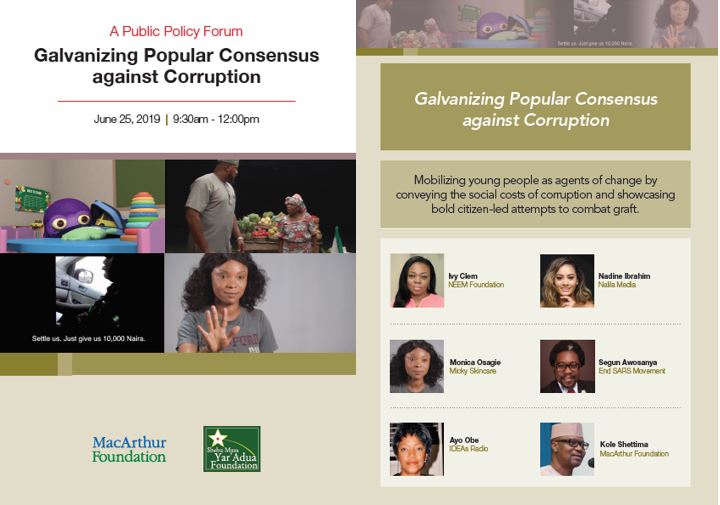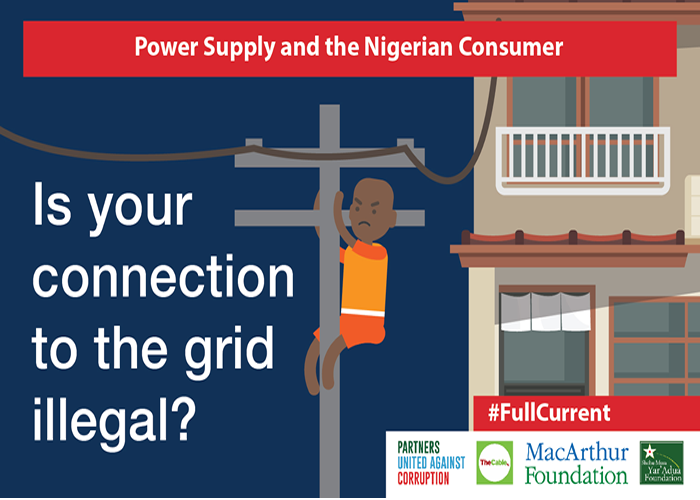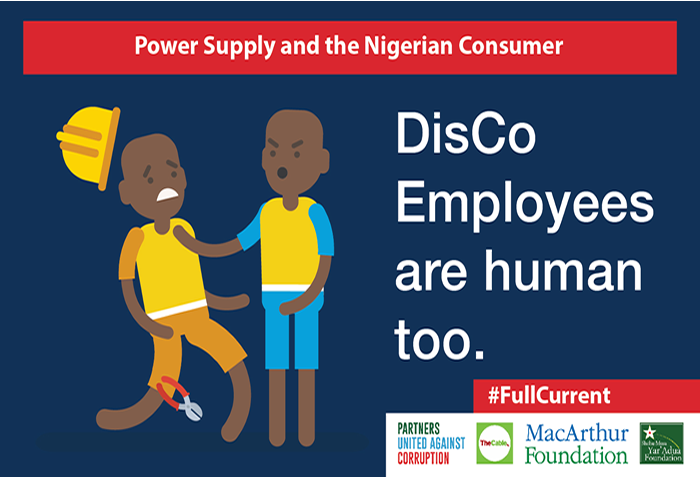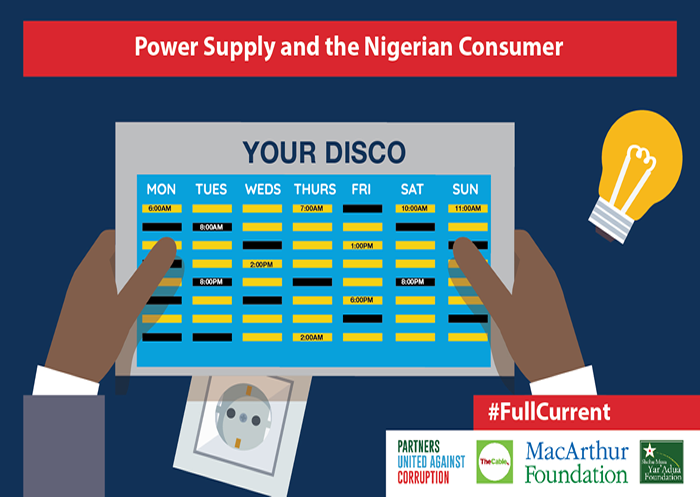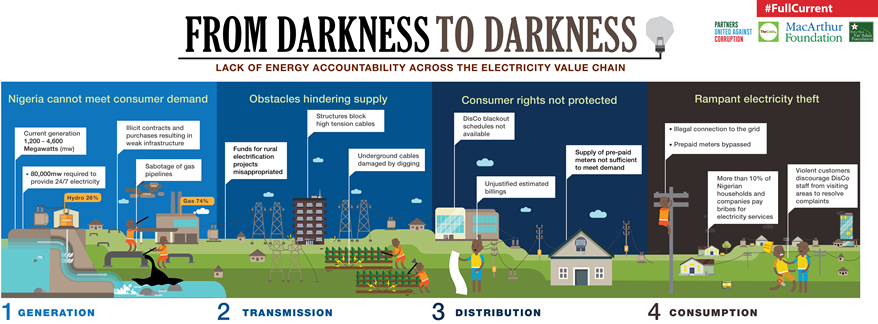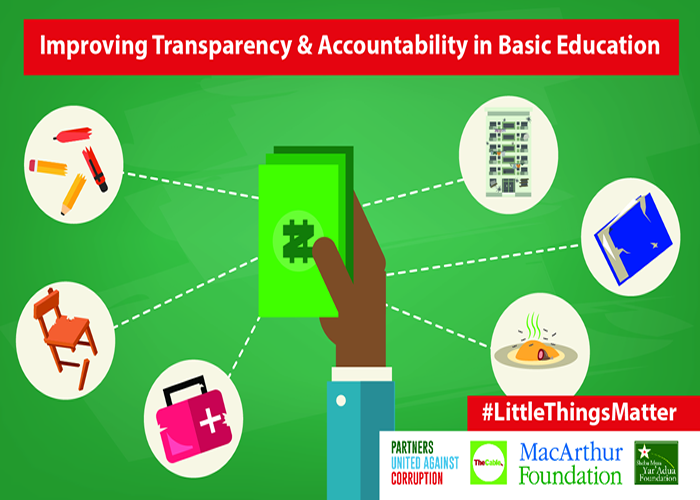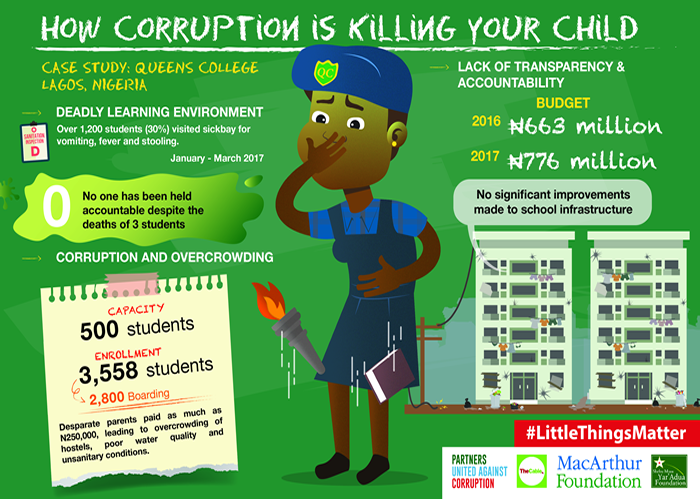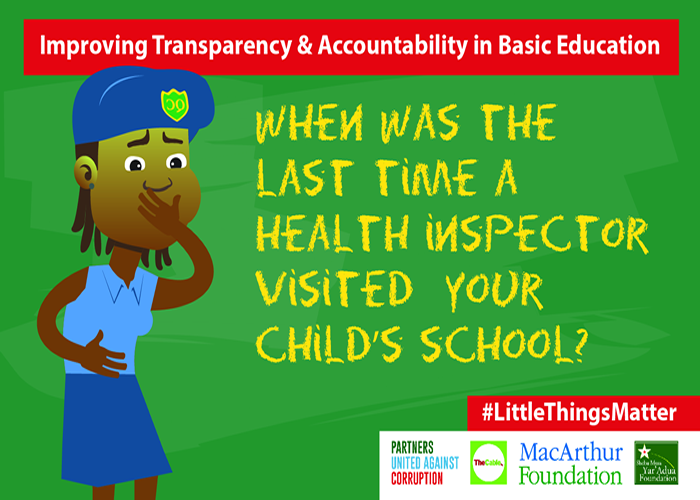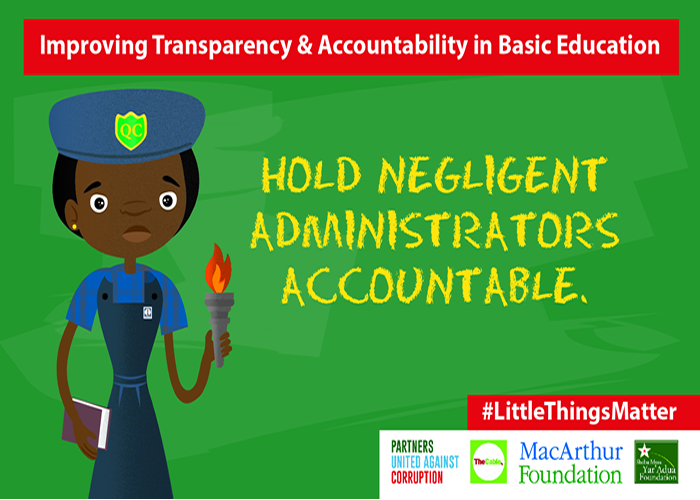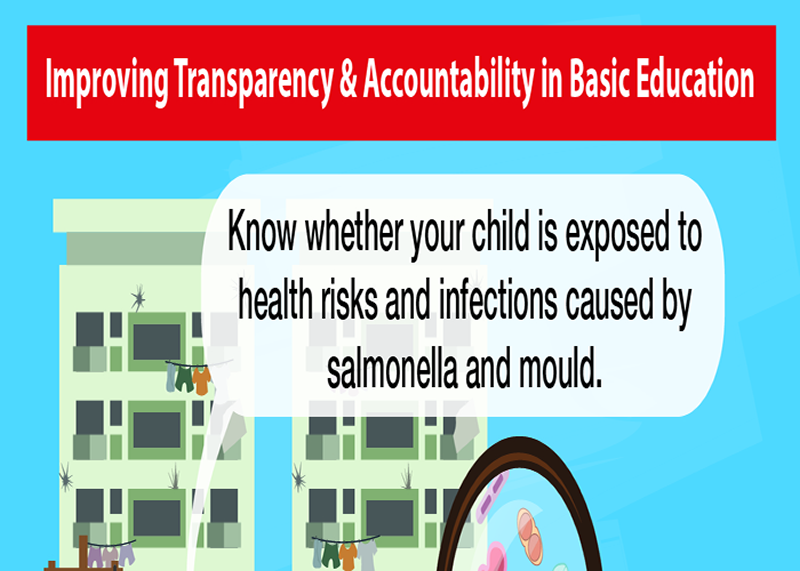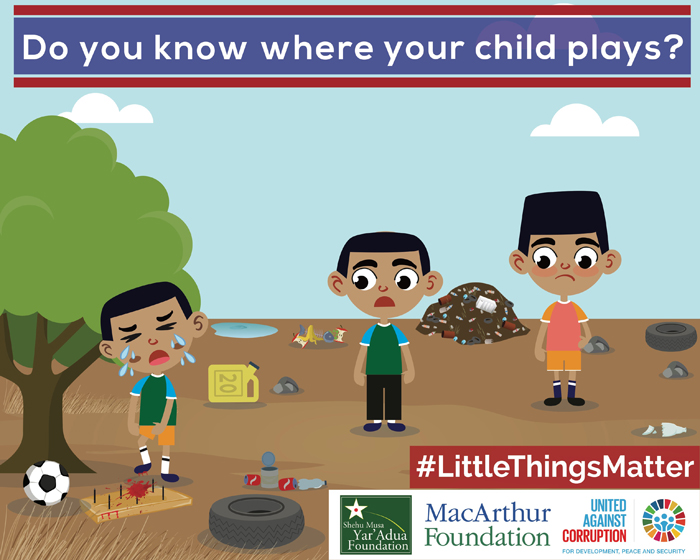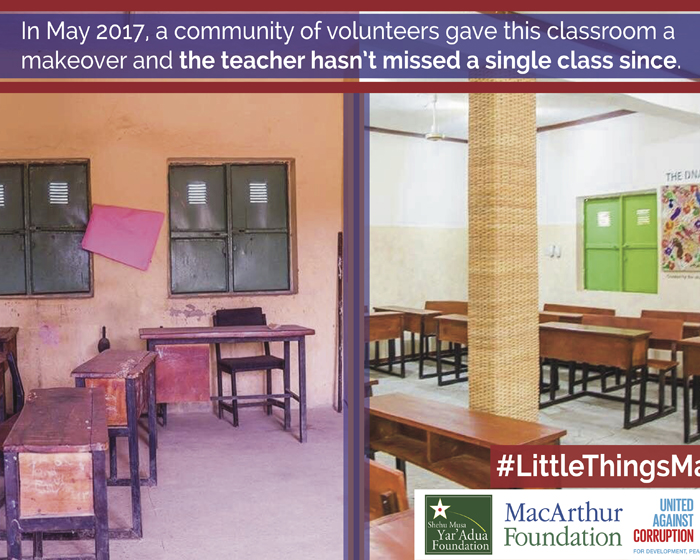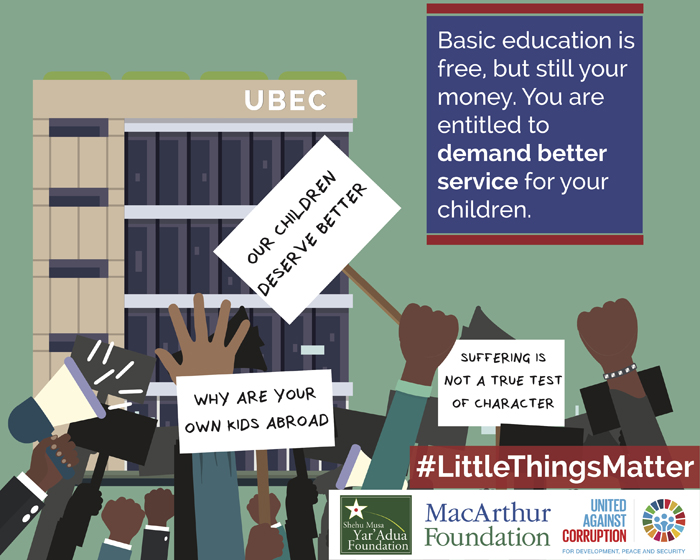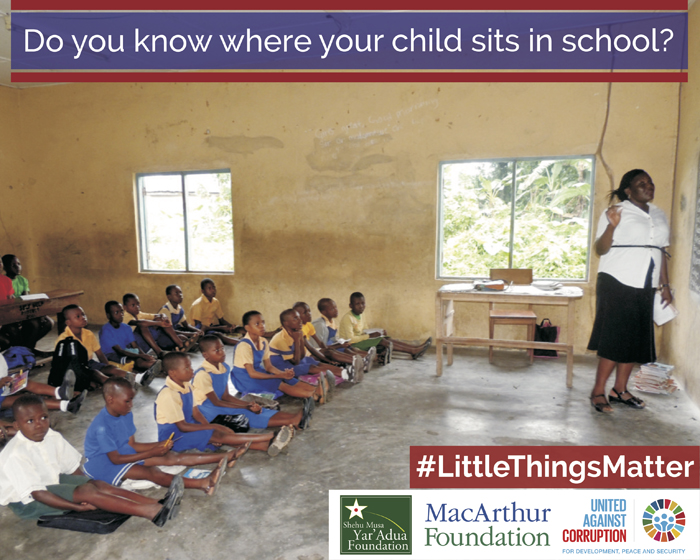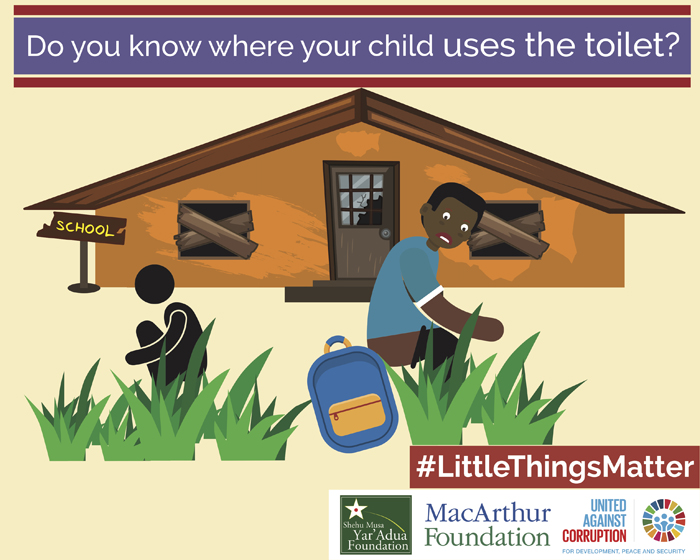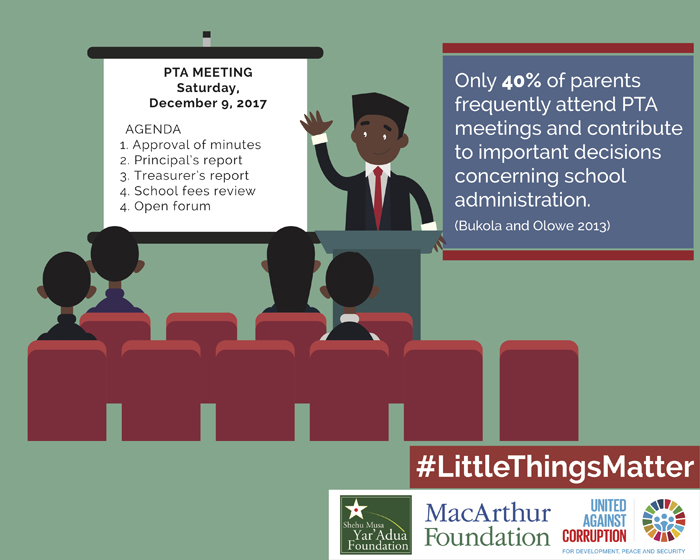Governance and Accountability
The Governance and Accountability programme was established to shift societal norms towards transparency and accountability by adopting a community-driven approach to combat corruption.
Supporting the Fight Against Corruption in Nigeria
Corruption is one of Nigeria’s most critical but least understood governance challenges. Successive reports released by Transparency International since 2000 have placed Nigeria in the top 40 of the world’s most corrupt countries, affecting public finances, business investment and our standard of living.
Nigeria has sought to tackle corruption by focusing on legal and institutional measures - including reform of public procurement and public finance management, enactment of anti-corruption laws and the establishment of various anti-corruption agencies tasked with investigating and punishing incidents of corruption. This focus on strengthening institutions and imposing tougher sanctions is critical. But innovative and complimentary efforts are required to shift cultural attitudes to corruption at all levels of society.
Download Reports:
United against Corruption: Galvanizing Collective Action in Nigeria - 2020
United against Corruption: Galvanizing Collective Action in Nigeria - 2018
Anti-Corruption Advocacy Campaign
The Yar’Adua Foundation seeks to reduce retail corruption through an advocacy campaign to empower and galvanize pro-accountability stakeholders to combat corruption. The Foundation deploys messaging and communication to support demand-driven accountability by amplifying the impact and effectiveness of Civil Society organisations.
Town Hall Meeting
The event engaged relevant education experts to explore how stakeholders can act collectively to improve transparency and accountability in basic education.


Public Policy Forum
The event mobilized young people as agents of change by conveying the social costs of corruption and showcasing bold citizen-led attempts to combat graft.



Campaign flashcards and infographics were developed to combat retail corruption in basic education and the electricity sector. Social media campaigns engaged a wide audience with Little Things Matter (#LittleThingsMatter) and Full Current (#FullCurrent) that encouraged parents and the general public to combat corruption in basic education and the electricity sector.
The campaigns reached over 2 million users on Twitter, Facebook and YouTube and created social incentives for action against corruption.


